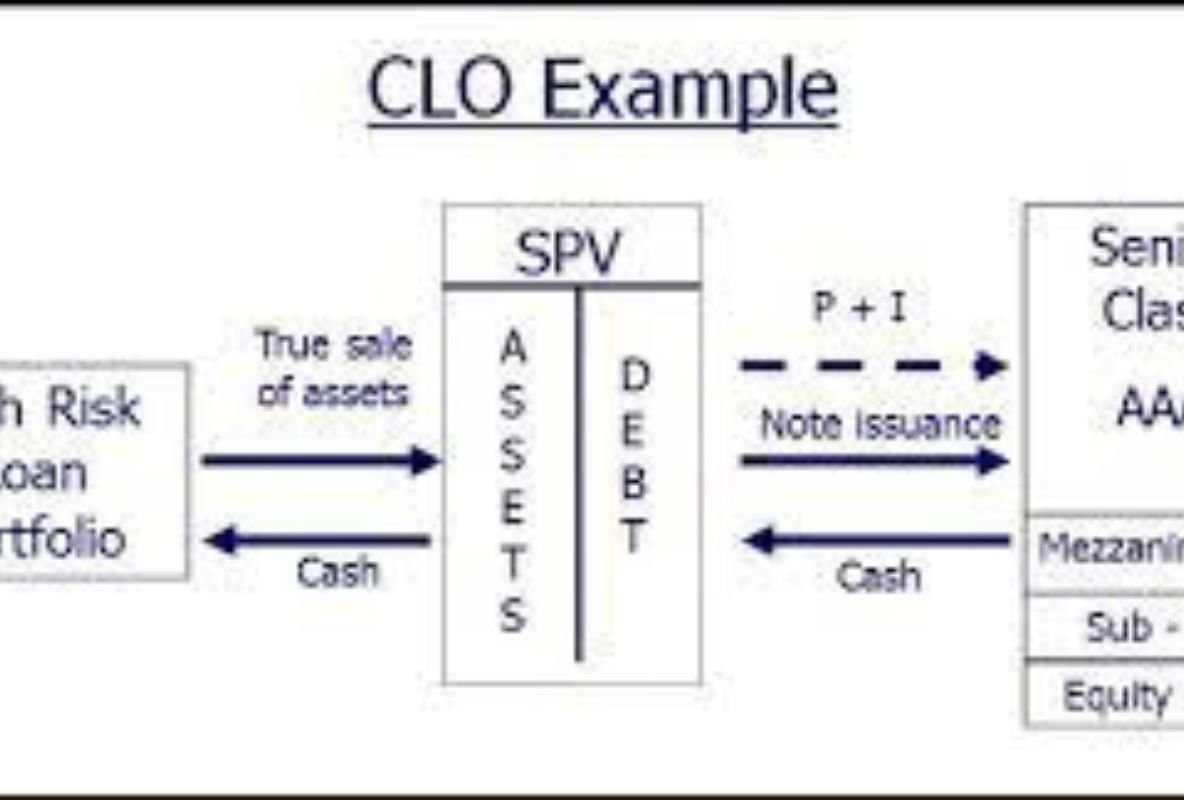Exploring Debt Consolidation Loan Options
Debt consolidation is a financial strategy that allows individuals to combine multiple debts into a single, manageable loan. By consolidating debts, borrowers can streamline their payments and potentially reduce their overall interest costs. However, navigating the array of debt consolidation loan options requires careful consideration and understanding of the available choices.
Understanding Debt Consolidation
Debt consolidation involves taking out a new loan to pay off existing debts. The goal is to simplify the repayment process by merging multiple debts into one monthly payment. This can help borrowers organize their finances and potentially lower their monthly payments by securing a lower interest rate than what they are currently paying on their existing debts.
Types of Debt Consolidations Loans
There are several options available for consolidating debts:
- Personal Loans: Unsecured personal loans are one option for consolidating debt. These loans typically offer fixed interest rates and fixed repayment terms, making it easier for borrowers to budget and plan for their payments.
- Home Equity Loans: Homeowners may consider using the equity in their homes to secure a loan for debt consolidation. Home equity loans often offer lower interest rates than other types of loans because they are secured by the borrower’s property.
- Balance Transfer Credit Cards: Some credit card companies offer balance transfer cards with introductory promotional rates. Transferring high-interest credit card balances to a card with a lower introductory rate can help borrowers save on interest and pay down their debts more quickly.
Factors to Consider Before Consolidating Debt
Before pursuing a debt consolidation loan, borrowers should carefully consider the following factors:
- Interest Rates: Compare the interest rates of existing debts with the rates offered for consolidation loans. Ensure that the new loan’s interest rate is lower than the combined rates of the existing debts.
- Loan Terms: Review the terms of the consolidation loan, including the repayment period and any associated fees or penalties for early repayment.
- Credit Score Requirements: Understand the credit score requirements for qualifying for a consolidation loan. Higher credit scores typically result in better loan terms and lower interest rates.
-

“Debt consolidation loan options”
Debt Consolidations Loan Options for Different Financial Situations
Debt consolidation loans can be beneficial for various financial situations:
- Managing High-Interest Credit Card Debt: Consolidating high-interest credit card debt into a single loan with a lower interest rate can help borrowers pay off their debts more efficiently.
- Consolidating Multiple Loans into One Payment: For borrowers juggling multiple loan payments, consolidating debts into a single monthly payment can simplify budgeting and reduce the risk ossf missed payments.
- Using Home Equity for Debt Consolidations: Homeowners with significant equity in their homes may leverage this equity to secure a loan for debt consolidations, potentially accessing lower interest rates and tax-deductible interest payments.
Risks and Considerations
While debt consolidation can offer benefits, it’s essential to consider the potential risks:
- Impact on Credit Score: Consolidating debts can affect credit scores, especially if borrowers close existing accounts or max out new credit lines.
- Fees and Closing Costs: Some debt consolidation loans may come with origination fees, closing costs, or prepayment penalties. Borrowers should factor these expenses into their overall cost calculations.
- Loan Repayment Obligations: Consolidating debts does not eliminate them; it merely restructures them into a new loan. Borrowers must commit to making timely payments to avoid defaulting on the loan.
How to Choose the Right Debt Consolidations Loan
To select the most suitable debt consolidation loan, borrowers should:
- Assess their financial goals and needs
- Compare loan offers from multiple lenders
- Seek guidance from financial professionals if needed to ensure they understand the terms and implications of the loan.
Conclusion
Debt consolidations offers a practical solution for individuals looking to simplify their finances and reduce their debt burden. By exploring the various loan options available and understanding the associated risks and considerations, borrowers can make informed decisions that align with their financial goals. It’s essential to approach debt consolidations with careful consideration and to choose the option that best fits one’s unique financial situation.



